State pensioners are facing a significant £2,427 shortfall in their retirement savings, despite upcoming triple lock increases to pension payments, according to damning new research.
Under the triple lock, pension payments are guaranteed to go up by either the rate of inflation, average wage growth or 2.5 per cent; whichever is highest. However, analysts are sounding the alarm that this will not be enough to live comfortably for some.
The maximum state pension is set to reach £11,973 in 2025. This amount falls well short of the £14,400 annually needed for even a minimum living standard in retirement.
This shortfall emerges as new research reveals the stark difference between projected pension payments and the actual cost of maintaining basic living standards in retirement, according to the Pensions and Lifetime Savings Association (PLSA).
During the Autumn Budget, Labour’s Chancellor Rachel Reeves reaffirmed the Government’s commitment to the triple lock pledge, which will increase the maximum state pension by £471 in April.
Do you have a money story you’d like to share? Get in touch by emailing money@gbnews.uk.
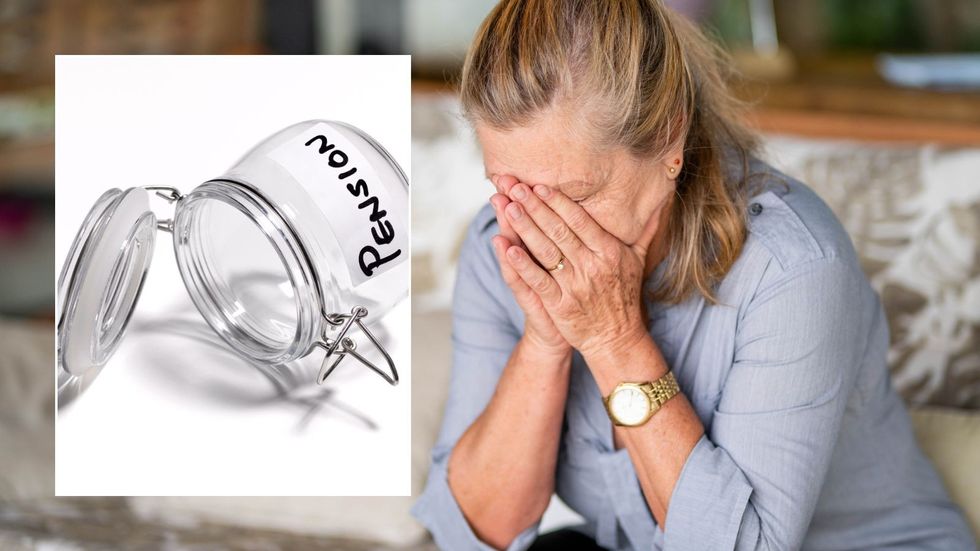 Pensioners are at risk of a retirement shortfall GETTY
Pensioners are at risk of a retirement shortfall GETTY According to the PLSA, a single person requires £14,400 annually to maintain just a minimum living standard in retirement. For those seeking a moderate standard of living in their retirement years, the required amount rises significantly to £31,300 per year.
The £19,327 difference between the projected state pension of £11,973 and the moderate living standard requirement of £31,300 underscores the financial challenges facing future retirees, analysts claim.
Next year’s £460 pension raise is calculated based on wage growth of 4.1 per cent, which exceeded the minimum increase threshold. Despite the looming shortfall, the Office for Budget Responsibility (OBR) has identified the Triple Lock as a “fiscal risk” due to its ‘ratcheting effect’ on public finances.
The Institute for Fiscal Studies (IFS) notes that the triple lock’s three components make Government financial planning particularly challenging. Current estimates for triple lock spending by 2050 vary dramatically, ranging from £5billion to £45billion annually, reflecting significant uncertainty in long-term projections.

Pensioners could experience a shortfall despite the triple lock being in place
GETTY
Recent data from the Office for National Statistics (ONS), cited by PensionBee, reveals concerning gaps in retirement savings across age groups. The average pension pot for a 30-year-old in the UK stands at just £7,000.
Based on the PLSA’s metric, single retirees need to have £31,300 a year coming in to enjoy a “moderate retirement”, whereas couples need to have £43,100 saved. “Moderate” is the term used to describe the amount someone has to pay their bills and have financial flexibility.
Notably, the average 50-year-old has a pension pot worth £75,100. While this could sustain someone for a couple of years, the PLSA estimates pensioners need £43,100 annually to live “comfortably”.
Becky O’Connor, the director of Public Affairs at PensionBee, previously warned that millions of Britons risk falling short of their retirement aspirations without taking action.
“Millions of Brits are at risk of falling short of the retirement they hope for, simply because they don’t know how much they should be saving or when,” the retirement expert shared.
She emphasised that increasing life expectancy makes retirement guidance more crucial than ever. “As people live longer, the need for clear guidance on retirement savings has never been greater. Savers are crying out for more support,” O’Connor added.
LATEST DEVELOPMENTS:
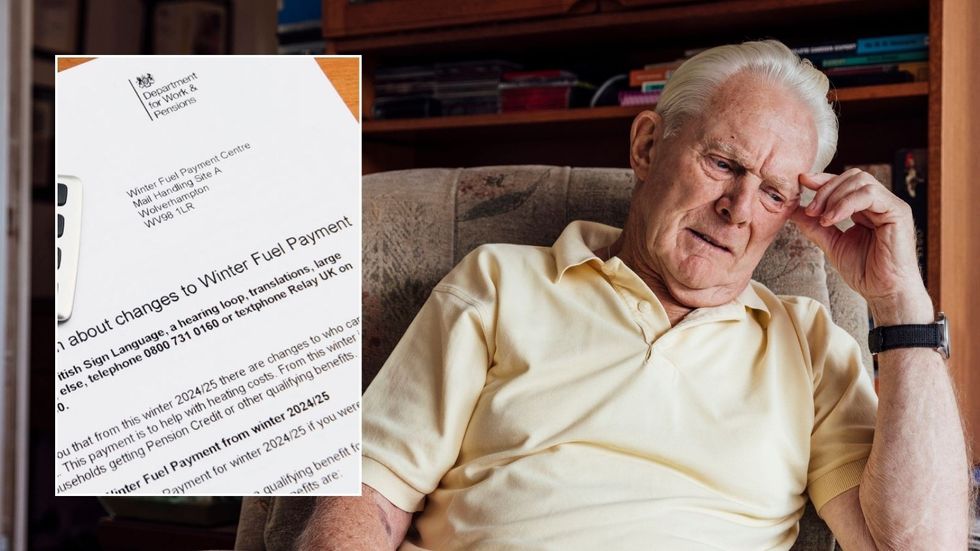 Pensioners are distressed about recent changes to the Winter Fuel Payment allowance GETTY
Pensioners are distressed about recent changes to the Winter Fuel Payment allowance GETTY She called for action from both the pensions industry and Government to provide better clarity for retirement planning. Research from PensionBee reveals that one in five over-55s consistently spend more than they anticipated in retirement.
Kevin Hollister, an actuary and founder of Guiide, noted that future PLSA retirement standard forecasts will have to factor in recent policy changes, such as the means-testing of the Winter Fuel Payment.
He shared: “The PLSA produce their retirement living standards each year which are much more specific to those in retirement. It will be interesting to see if these increase by more or less than 4.1 per cent especially at their minimum level, where it is most important for those heavily reliant on the state pension.
“The increase should also be taken in the context of the loss of the Winter Fuel Allowance of up to £300. Someone on the full new state pension will no longer qualify for this and therefore their overall income per year will increase by a much lower percentage when this is factored in.”




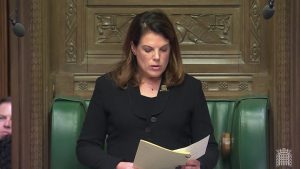






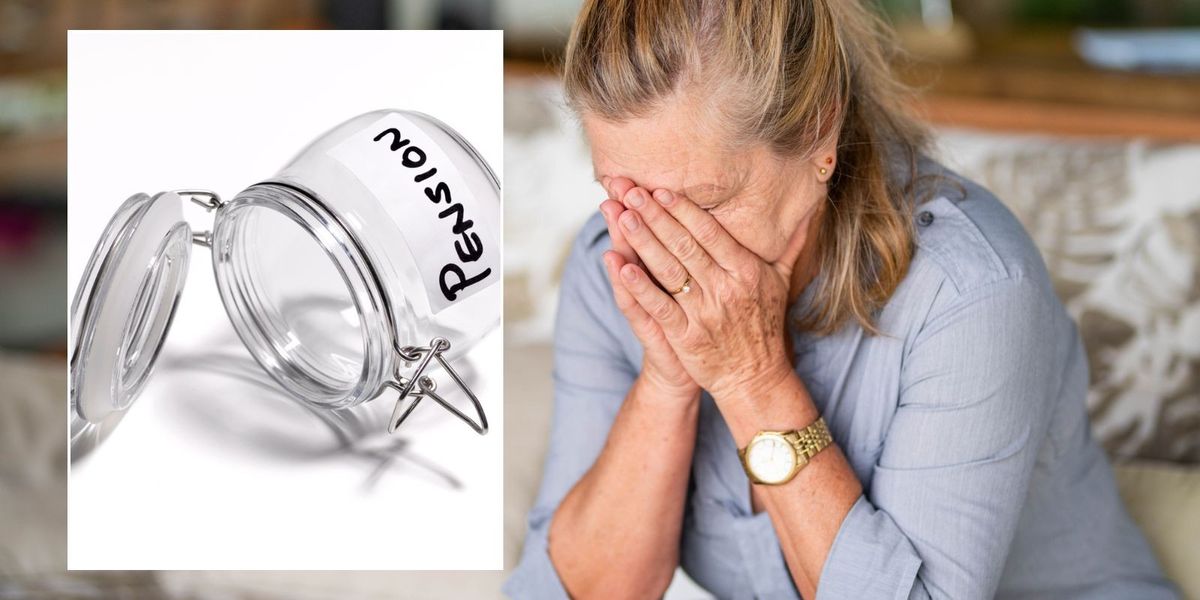








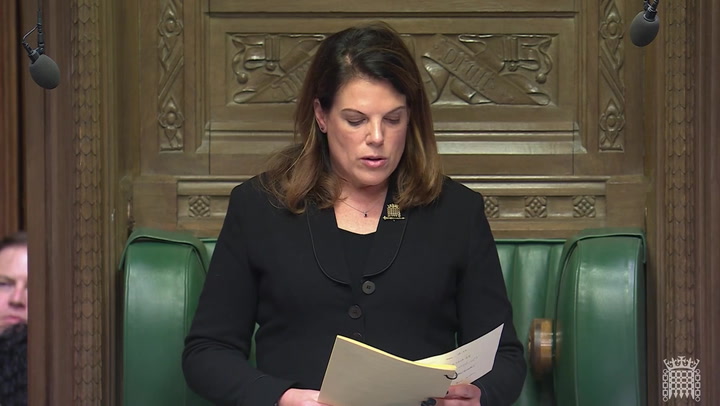

+ There are no comments
Add yours